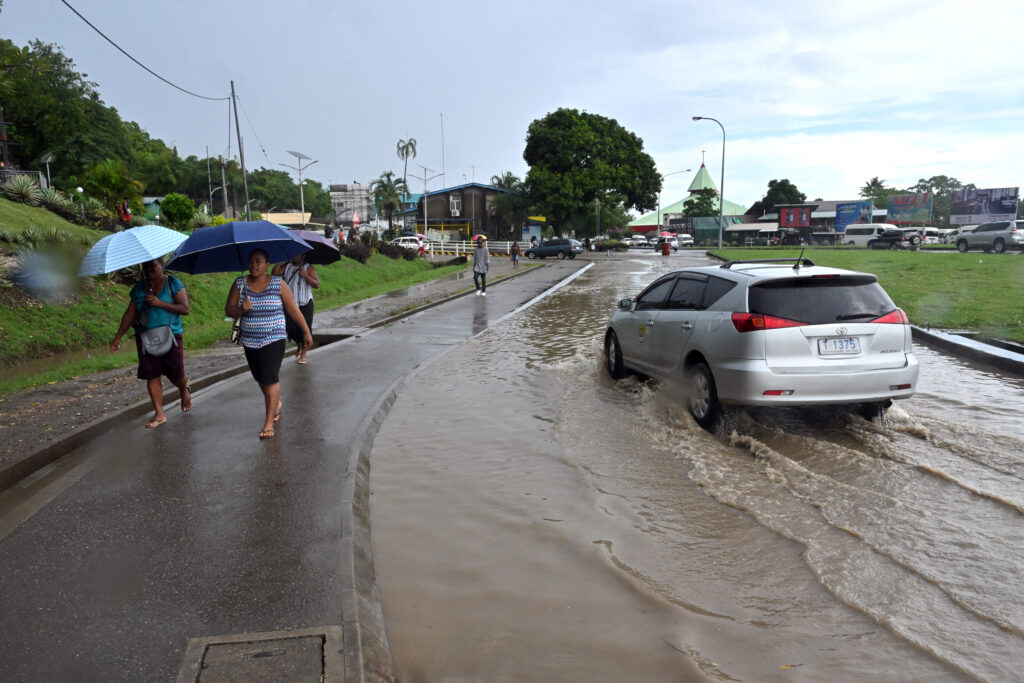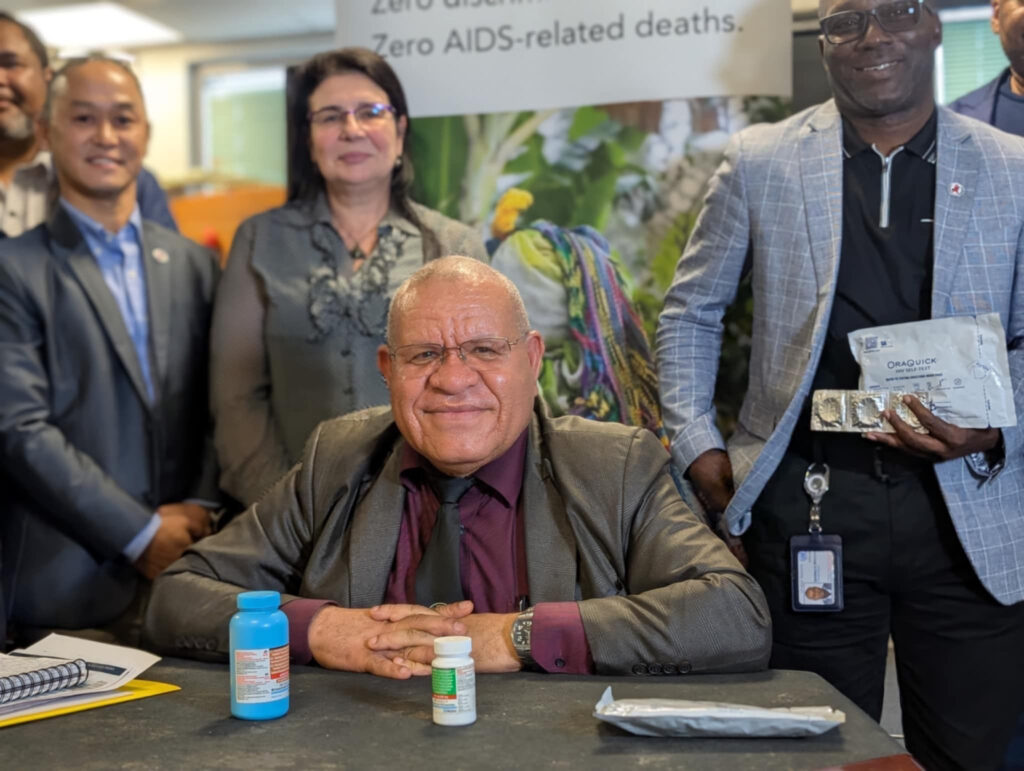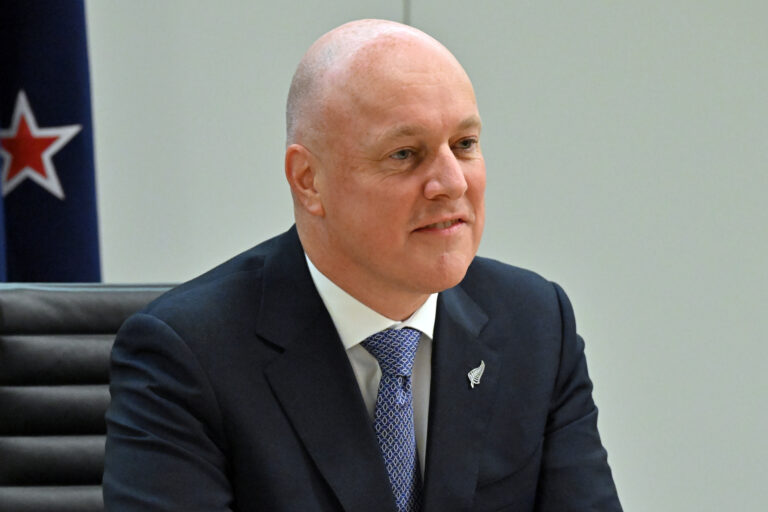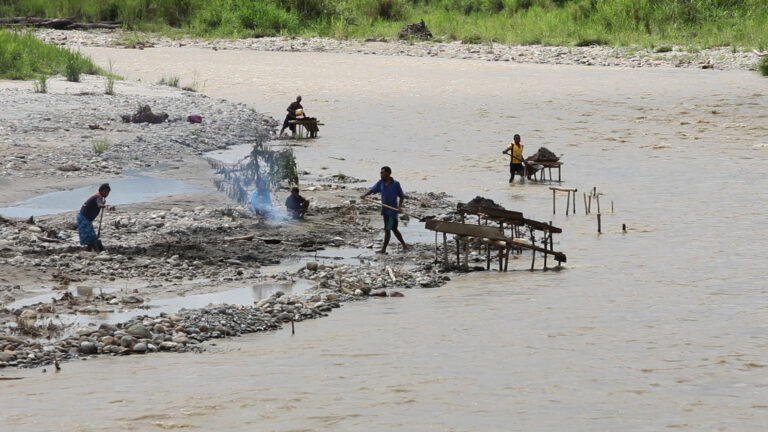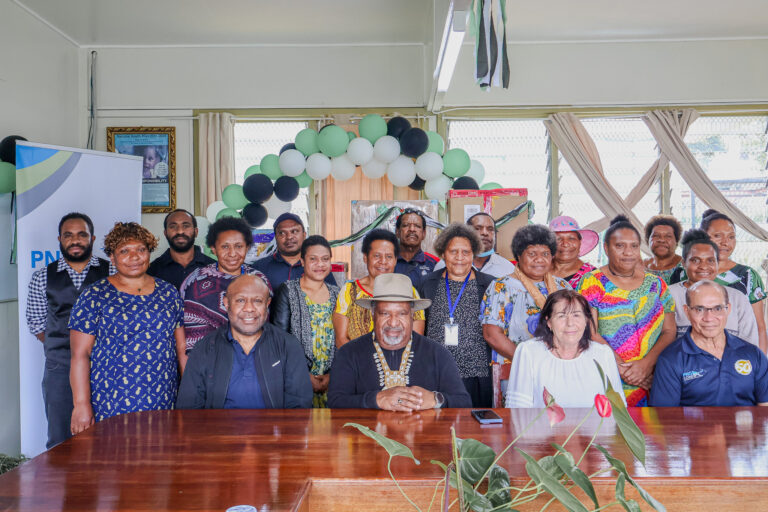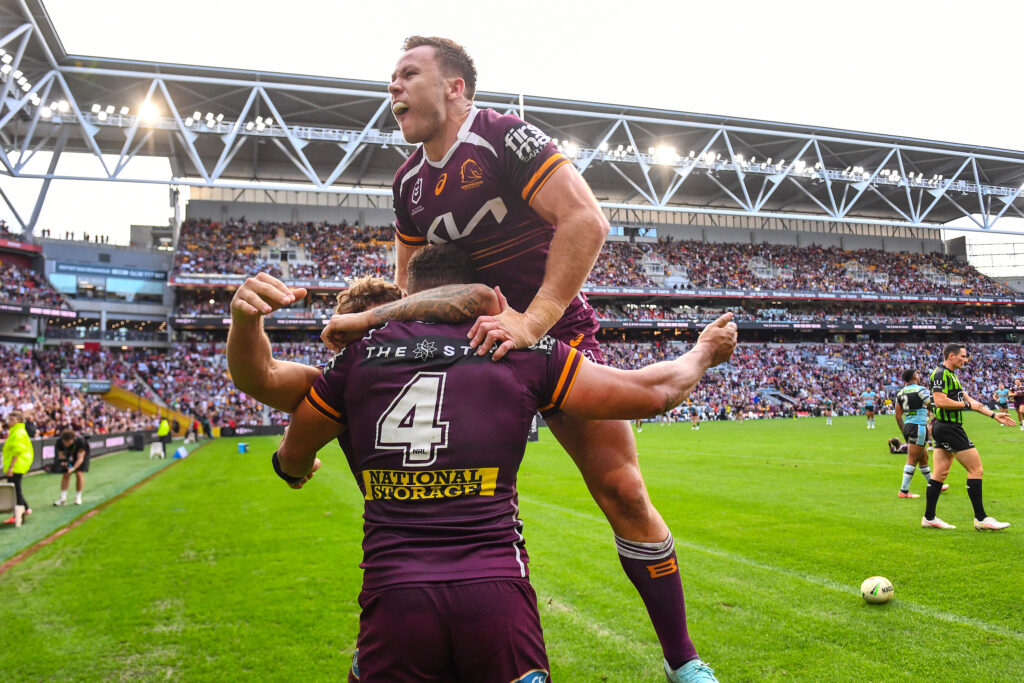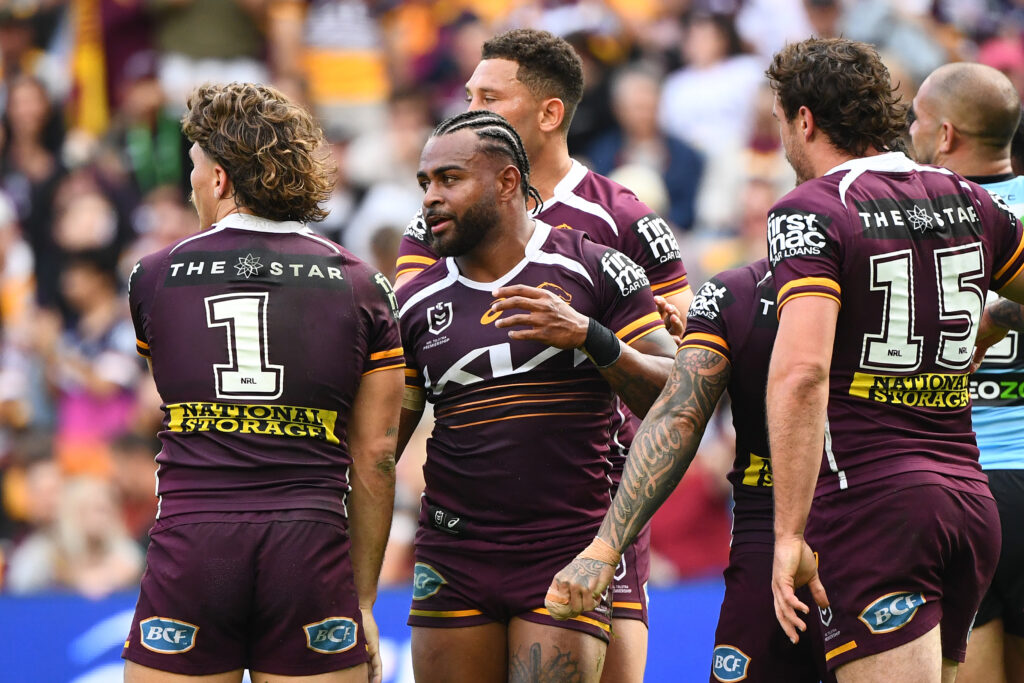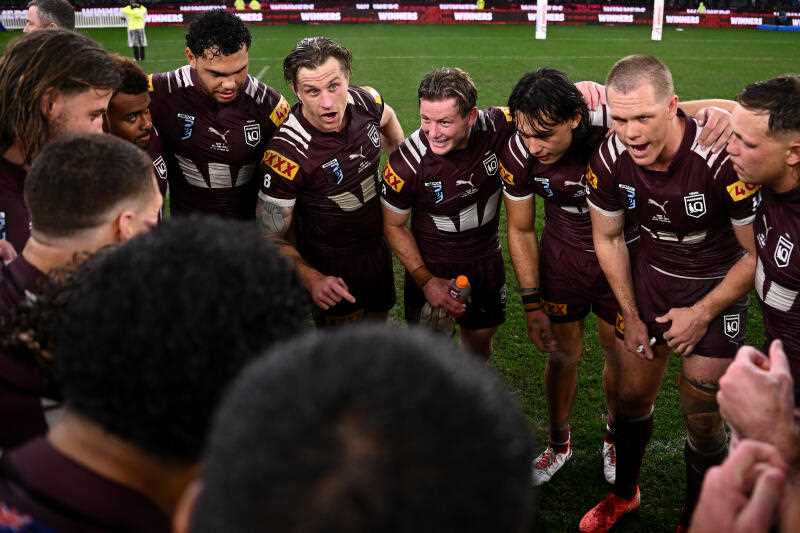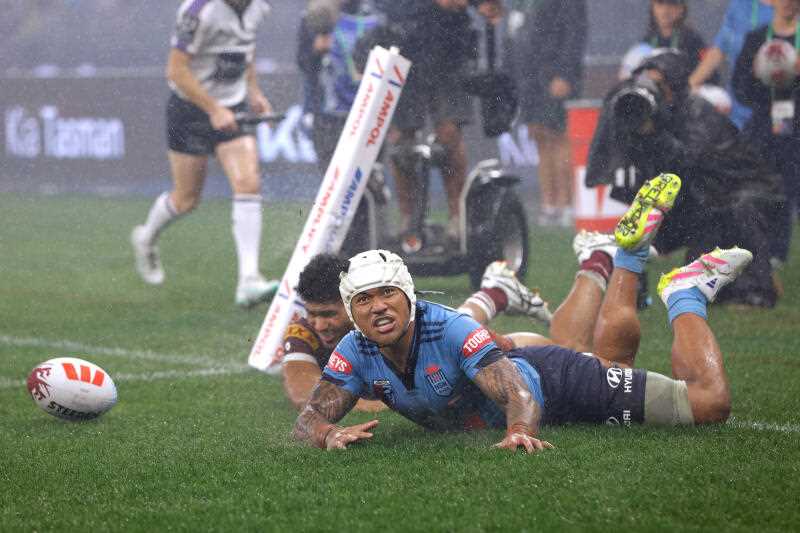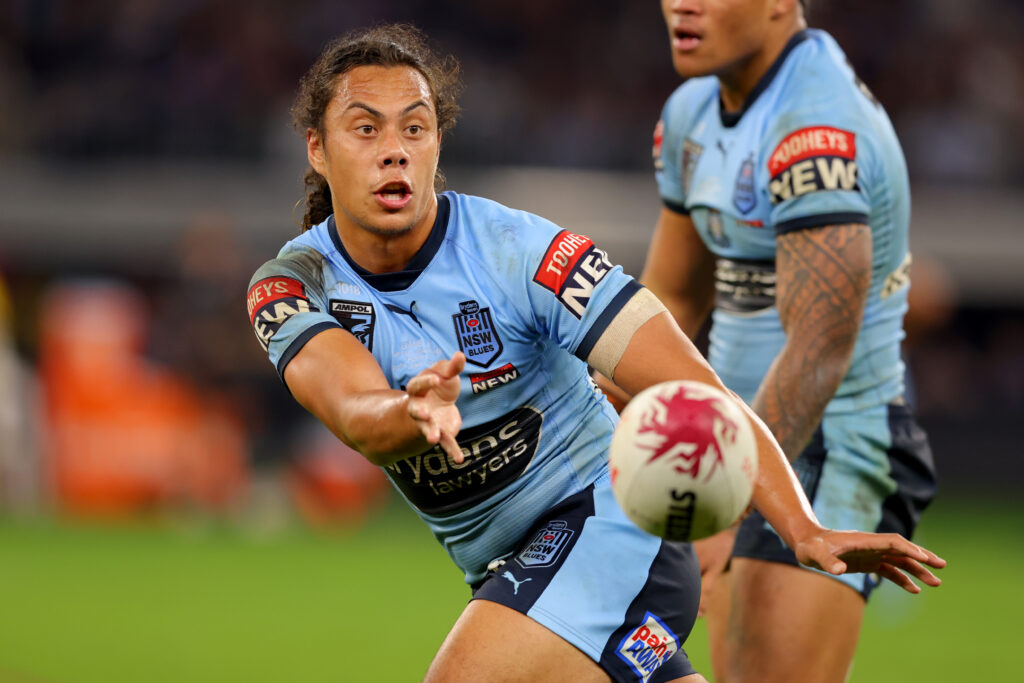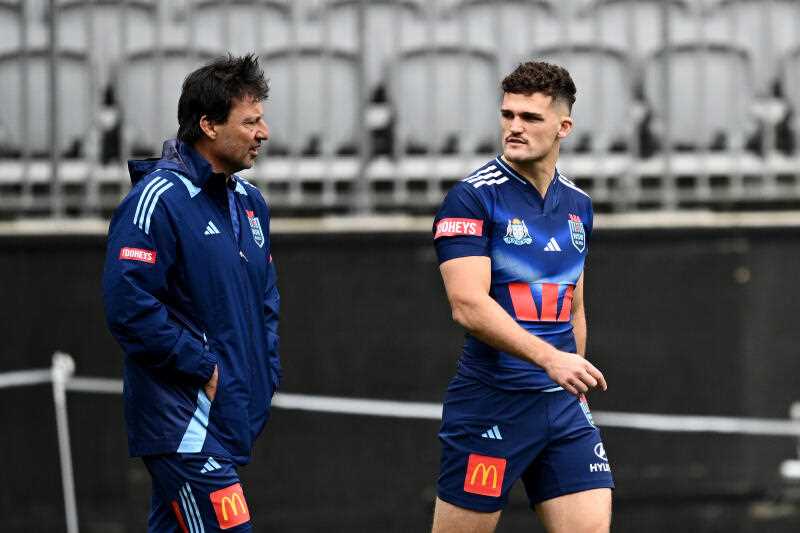In the Papua New Guinea highlands, tribal violence is an unfortunate way of life and, increasingly, death.
In February 2024, bystanders were among 49 people killed in a gun battle between clans in Wabag, the capital of the Enga province.
That clash was the destructive climax of a spate of fierce inter-tribal battles in Enga, where hundreds have been killed and thousands displaced, fearing for their lives.
The reasons behind the violence are complex, including land ownership, with displacement of tribes causing cascading issues around custodianship of country.
The arrival of industry, including forestry and mining, can upset traditional community authority structures, and challenge chiefly systems.
The single greatest impact behind the swollen death tolls is perhaps the arrival of modern weaponry which replaces traditional weapons with lethal firearms.
The UN estimates there are 112 inter-group conflicts in Papua New Guinea, and recent massacres extend beyond Enga.
In 2019, more than 20 died in Hela province after an initial attack, which killed six, led to a retaliation including the murder of pregnant women and children.
It was in Hela and Morobe provinces that agency Conciliation Resources began a peace-building project, drawing from years of expertise and a scoping assessment of the likelihood of success.
“It was to enhance the skills and capacities of the people working on these conflict challenges,” Ciaran O’Toole, Melbourne-based regional director, tells AAP.
“Working to enable specific communities, in particular those affected by violence, to design and develop their own peace-building work (and) provide … small grants for them to conduct dialogue or provide livelihood for some of the young men engaged in violence.
“It was very targeted on what we would call the drivers of the violence.”
That was, until a stop-work letter arrived early this year.
“It was quite blunt. It was very quick. There wasn’t any lead time to wind down. It was just ‘stop work’,” Mr O’Toole said.
The peace-building project was one of thousands axed by the US President Donald Trump’s executive order to pause and re-evaluate foreign aid in January.
Alongside peace-building programs, multi-billion dollar health initiatives to treat HIV and malaria, food provision, and climate-mitigation projects funded by USAID were ended.
Months later, it is estimated that roughly 90 per cent of USAID’s $A53 billion annual spend has been cancelled, representing roughly a third of all foreign aid.
Australian development agencies are among those counting the cost.
In a survey of members, peak body Australian Council for International Development (ACFID) has revealed at least $A400 million worth of projects have been defunded by the United States.
ACFID believes that is a lowball figure, given many NGOs are yet to see the full picture of cuts, and others were not able to complete the survey during the upheaval.
“This means communities losing access to healthcare, girls losing access to education and families losing access to food programs,” ACFID chief executive Matthew Maury said.
The hardest-hit region for Australian agencies is the Pacific, with the loss of $A113 million worth of support, predominantly climate change resilience and disaster preparedness, health and gender projects.
Other axed projects include education and nutrition projects in Timor-Leste, drought recovery in Fiji, climate-resilient food systems in Nauru, and sexual and reproductive health services right across the Pacific.
Given the challenges and sensitivity that comes with securing funding from donor governments, not every agency is keen to speak on the record about their loss.
Caritas Australia programs director Dan Skehan said Caritas partners in Fiji and Samoa were also hit by USAID cuts.
“They were receiving USAID funding specifically for WASH, which is water, sanitation and hygiene work … delivering water to much needed communities, be that schools, communities or in some instances health facilities,” he tells AAP.
In this instance, Caritas Australia – part of the world’s second largest humanitarian grouping, second only to the Red Cross – was able to redirect support to these programs at a reduced scale.
“(Where) something like vital water to community hasn’t been delivered, we’ve made decisions to at least finalise the project activities,” he said.
The aid sector has also been plunged into chaos, and in many cases, retrenchment by the USAID cuts.
Caritas has shed hundreds of jobs in places like Bangladesh, and a smaller number in the Pacific.
“This is an enormous funding cut … there’s been an enormous amount of disruption in the sector,” Mr Skehan said.
“There would be large number of staff who have been serving communities of very skilled workers who no longer, unfortunately, have a job.
“What’s most important, and we’ve always got to hold at the centre, is it’s the communities and the vulnerable people that we serve that are most impacted.”
It’s not just the US which is cutting development assistance.
In April, the UK cut foreign aid by 40 per cent – a move which shocked many given it came from a centre-left Labour government – while last month, New Zealand axed $A91m in climate-related assistance.
Mr O’Toole said the huge US retreat on aid had “given permission to other governments to cut back on their aid budgets as well”.
“We’re all feeling the hurt across all of this change and I think all aid organisations are feeling this pain,” he said.
The sector hopes Australia, which has made incremental increases under Anthony Albanese, will step up to fill the gap.
There are some positive signs from Canberra, including a flexibility afforded to agencies to move funds earmarked for one purpose onto others in light of cuts.
Mr Maury hopes future budgets will see aid rise not just in real terms but as a percentage of the budget.
“Australia has a proud history of supporting development, particularly in the Pacific,” Mr Maury said.
“Yet as global needs rise, our aid budget has fallen to just 0.65 per cent of the Federal Budget … restoring aid to one per cent would reaffirm our commitment and secure Australia’s place at the forefront of development.”
Written by: Ben McKay (AAP)


